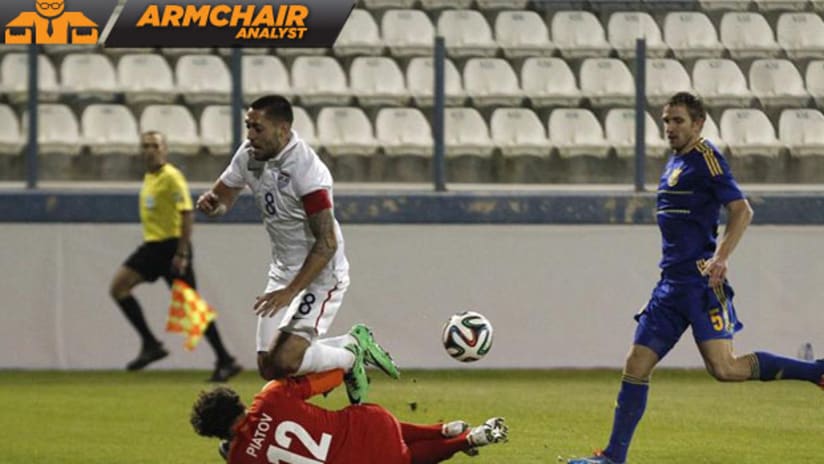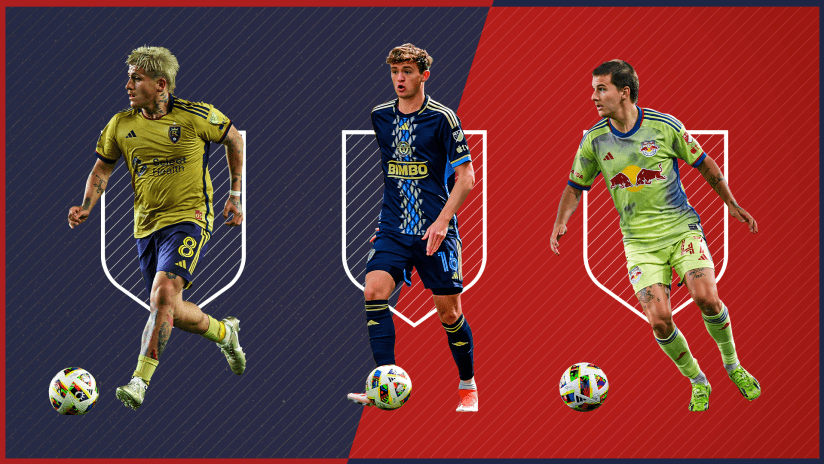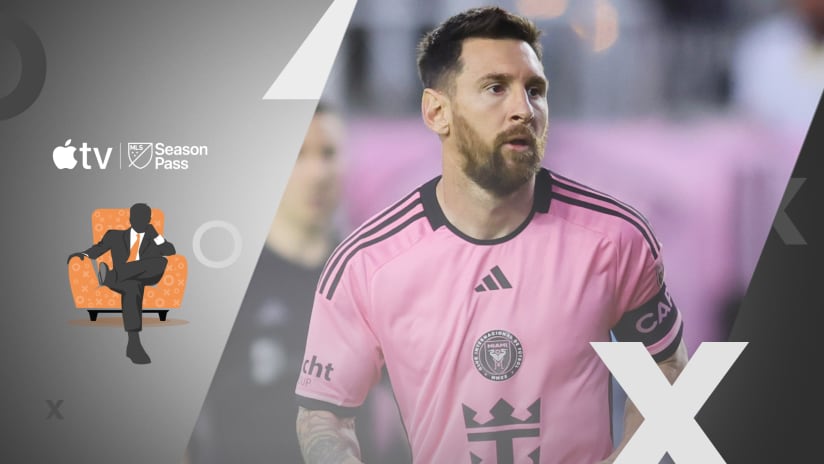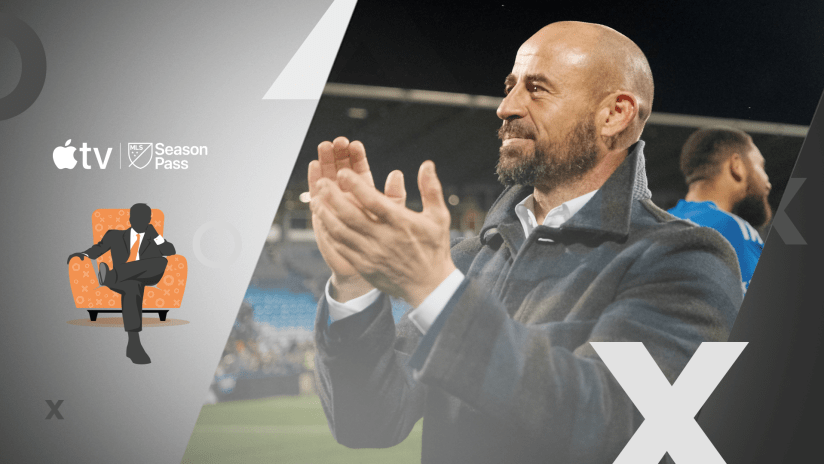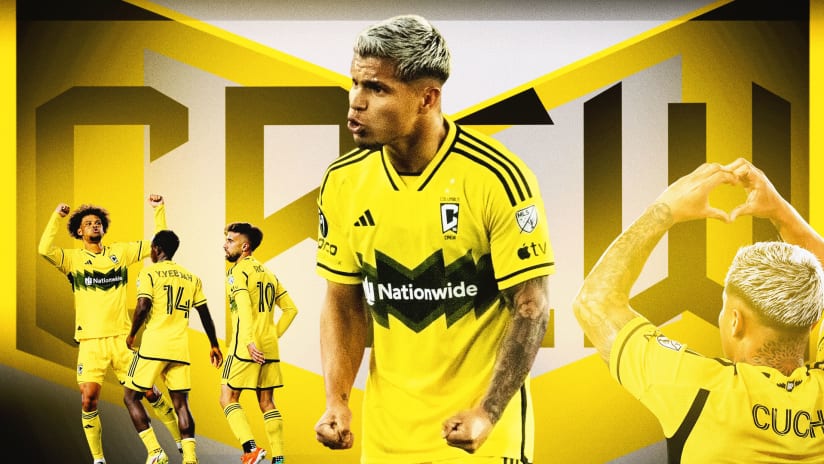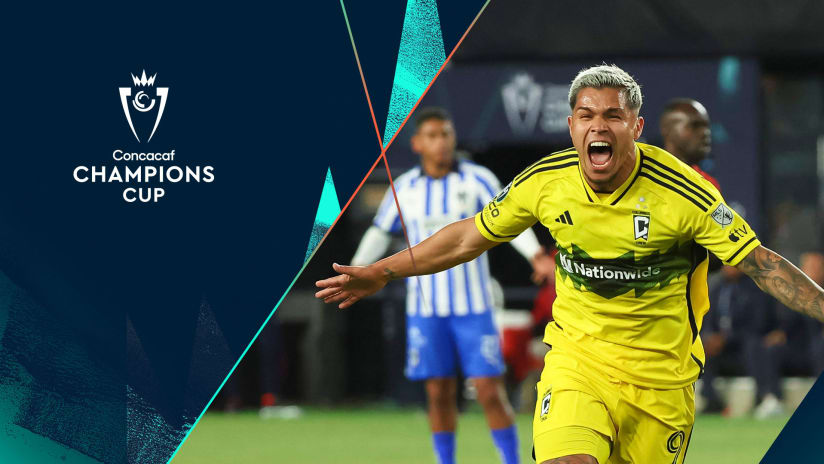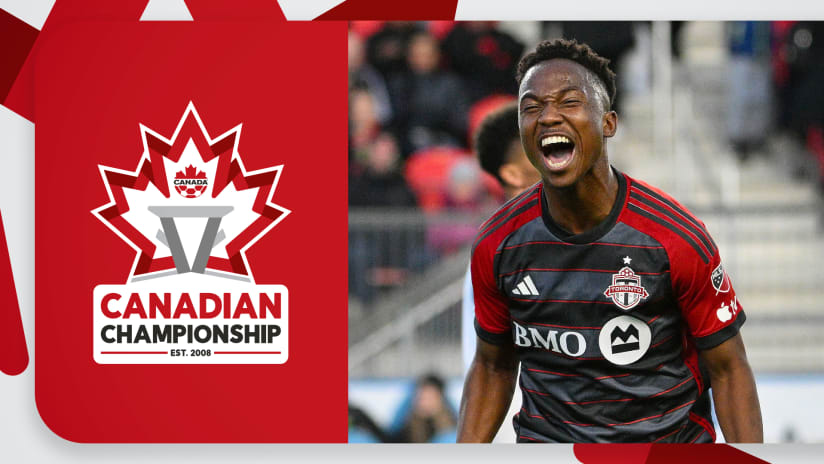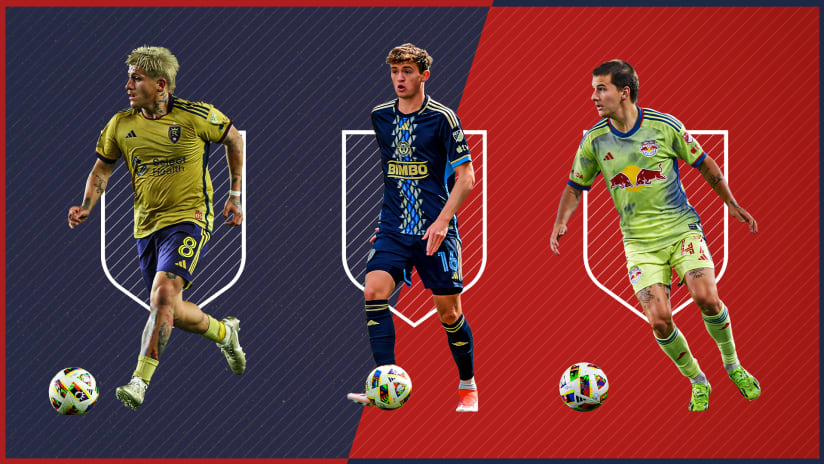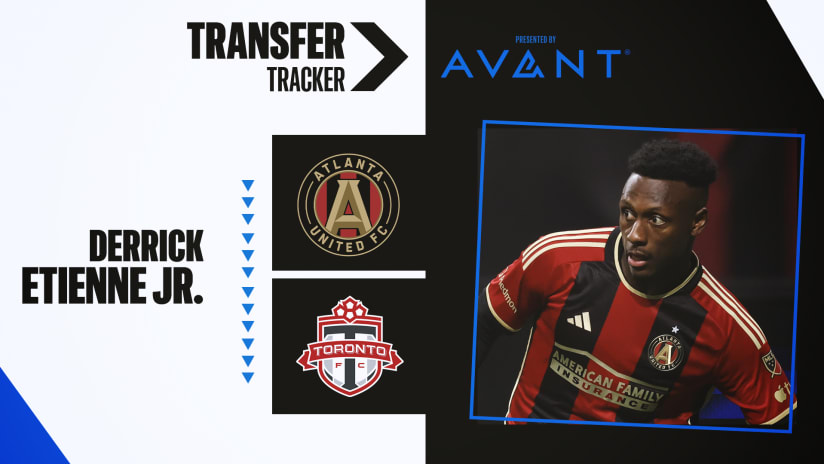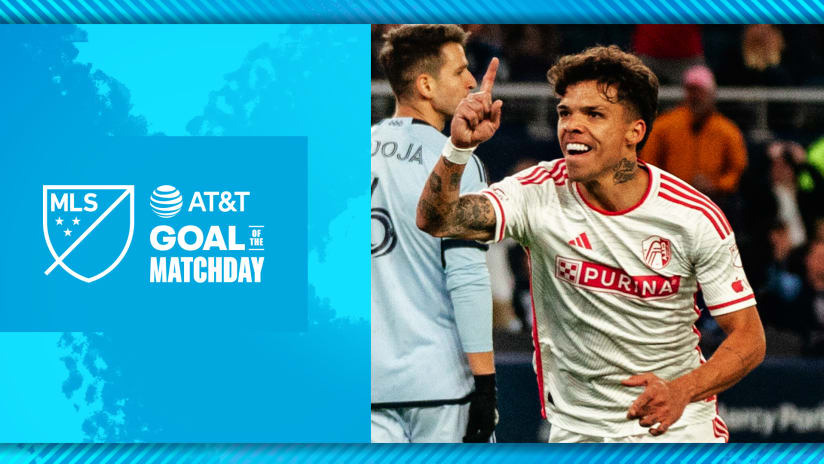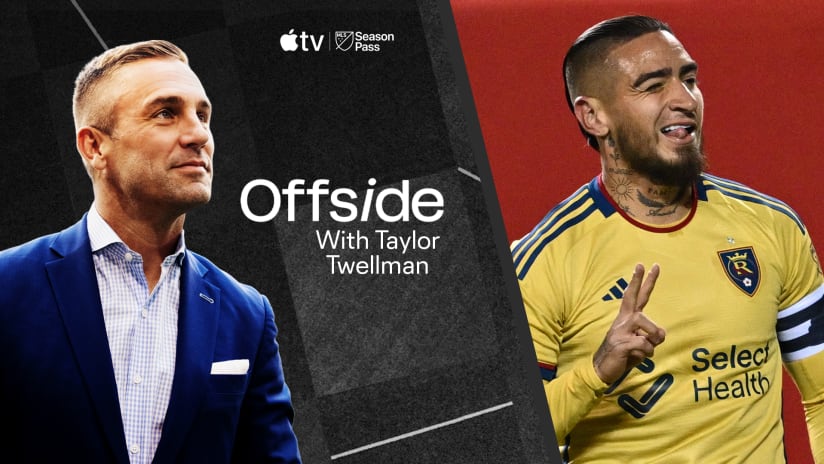As the ESPN crew pointed out, this blearly, disappointing 2-0 loss to Ukraine on Wednesday night is a lot easier to stomach in March than in June. The reason you play these friendlies in the run-up to the World Cup is threefold: Build chemistry; figure out who's up for it; figure out who isn't.
Jurgen Klinsmann got a solid, solid dose of that third one.
Here are three things we learned from a lost trip to Cyprus:
1. Gaps in the backline
If Oguchi Onyewu and John Anthony Brooks didn't look quite up for a fight against international caliber attackers, it's because they're not. Neither is, at this point, good enough to be a part of this summer's squad, which was reinforced throughout most of the 90 minutes.
The issues were primarily in defensive spacing and awareness, which Brooks showed on the first goal and Onyewu showed on what should have been the second – that muffed chance in the 32nd minute after one of what seemed like a thousand chips into the center channel.
This is the pass map for Andriy Yarmolenko, who was easily the most influential attacker on the day:
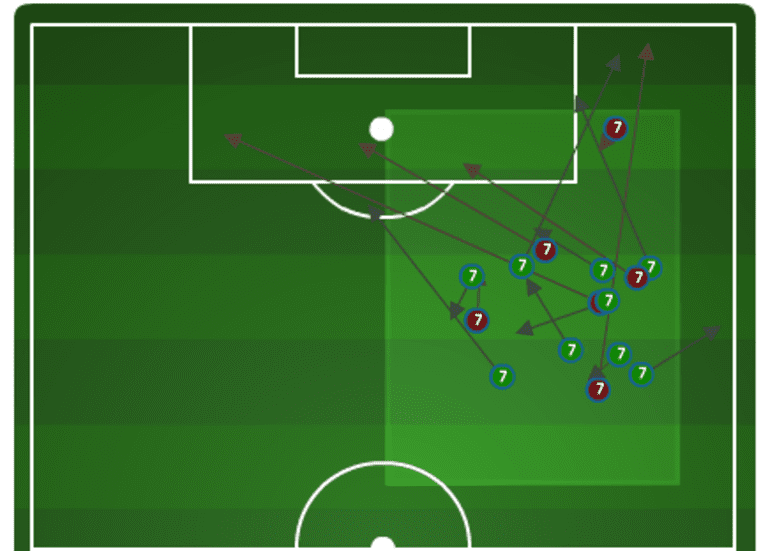
There were structural problems elsewhere – I'll touch on that in a second – that gave Yarmo the time to make those looks dangerous. But a coordinated, front-foot central defensive pairing cuts those plays out and saves everyone else's blushes.
That wasn't Onyewu and Brooks on this day. And it won't be them in Brazil, either.
2. Lack of coverage in the channels
The temptation is to say that Ukraine were substitutes for Germany in the US preparatory scheme, but they're actually built much more like Portugal. They get their danger from their wingers (inverted), have a center forward whose primary job is to drag the defense out of shape, and then uses those channels to attack at pace on the ball via the wingers or off the ball via the central midfield – in this case Denis Garmash, who barely touched the ball but was dangerous every single time he did.
The US didn't cope well, with both Sacha Kljestan and Edgar Castillo pretty spectacularly failing what felt like something of a final audition.
In Castillo's case, it was generally starting too wide defensively, inviting Yarmolenko into that channel and forcing the rest of the back six to scramble and recover. In Kljestan's case, it was scrambling poorly in those instances (particularly on the first goal), and turning it over cheaply too often in possession.
There are two things to bear in mind here: First, the US are going to have to scramble – probably a lot – this summer. They'll need to do it well, and if you can't do it well, you are officially a luxury player. Second, Portugal generate the lion's share of their offense through turnovers and quick transitions through the channels.
Kljestan and Castillo, instead of making the job easier for the struggling central defense, made it much, much harder.
That said:
3. Clint's got three months to get right
A lot has been made of Jozy Altidore's struggles with Sunderland this season, and his fluffed header early in the second half only drove that point home. I'm choosing to keep the faith that he'll figure it out come June, largely because he's figured his way out of slumps before.
But I'm starting to worry a bit about Clint Dempsey, who was both bad and petulant in this one. And let's face it: There's a reason he was benched by Fulham last month:
Ok, so he's not scoring goals – that's a problem, but maybe not a deadly one since he's been used a bit deeper, more as an attacking midfielder, right? If the offense runs through him, then we can live with that.
Or not:
This doesn't all fall on Dempsey's shoulders, since he was far from alone in both slowing the game down and poor recognition of transition opportunities. But a lot of it falls on Dempsey's shoulders. When the US are bad, he's got to figure out a way to be good. That's the job of the offensive linchpin, and if he can't do it, Klinsmann has to figure out if someone else can.

